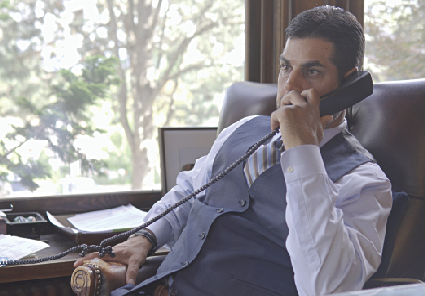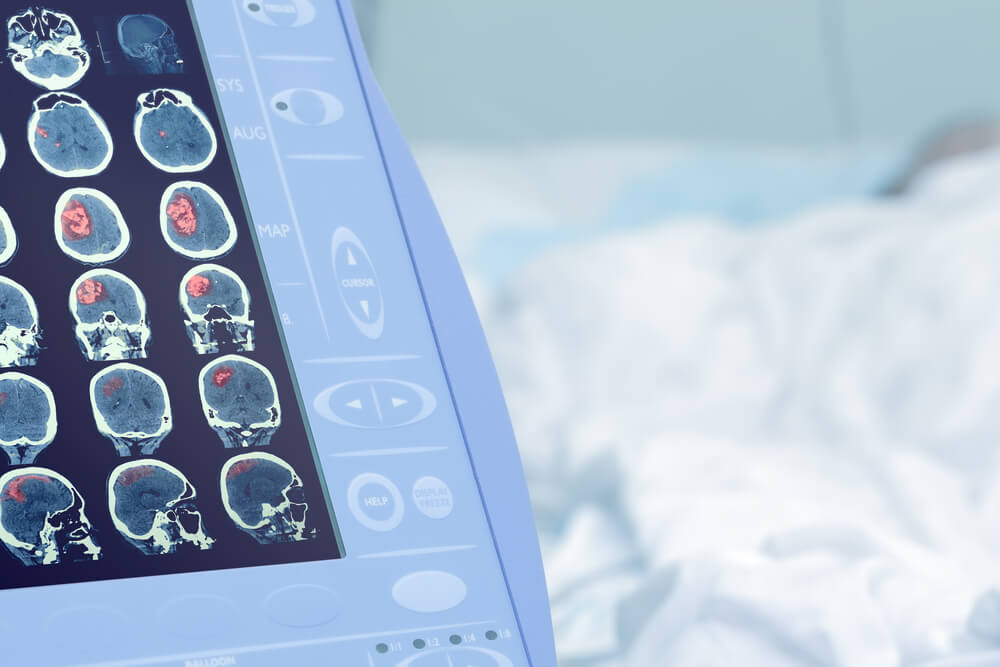What are the Top Forms of Brain Injury Caused by Medical Negligence?
Brain injuries, whether traumatic or acquired, affect people of all ages, from newborns to senior adults. For example, newborns may suffer hypoxia during labor when the umbilical cord becomes compressed, resulting in brain damage. Likewise, young children can fall and fracture their skull while older children may suffer concussions playing sports. Adults injured in car accidents may have brain damage from a trauma to the head. Whether an injury occurs from congenital or accidental origins, the brain’s lost functioning can leave a person with severe disabilities. In some cases, medical action or inaction can lead to a brain injury that impacts the sufferer for years to come, even permanently. When a brain injury results from a medical professional’s or hospital’s negligence, an injured victim may pursue a medical malpractice claim.
Medical Care Settings where Brain Injuries can Occur
Medical malpractice can happen anywhere: at a doctor’s office, hospital, birthing center, urgent care clinic, nursing home, or even the home of a person receiving hospice care. Whenever a medical professional delivers healthcare services that do not measure up to the appropriate standards recognized in their profession, they risk injuring the person with whom they entered into a doctor-patient relationship. Many brain injury malpractice actions result from delayed diagnoses, carelessness, errors in decision-making, or inexcusable mistakes performing healthcare services.
Traumatic vs. Non-Traumatic Brain Injuries from Malpractice
Brain injuries resulting from malpractice may be traumatic or non-traumatic. Traumatic brain injuries or TBI’s happen when an outside force causes injury from a blow or collision. For example, when two soccer players crash heads together vying for the ball, the external impact causes a concussion, which can be a severe TBI. In the malpractice arena, a doctor who inexpertly rotates a baby’s head as it crowns can cause a TBI if the baby experiences head trauma as it exits the birth canal.
Non-traumatic brain injury occurs from internal sources like lack of oxygen or blood loss, leading to complications like hypoxia or asphyxia and, thus, brain damage. For example, an obstetrician who overlooks a fetus in distress during labor may be liable for medical malpractice when the newborn has cerebral palsy, seizures, and brain damage from oxygen loss, perhaps from a wrapped cord around its neck or other sources.
Common Examples of Medical Negligence that Causes Brain Injuries
Common examples of medical malpractice resulting in brain injuries include medication errors, diagnostic errors in heart and lung patients with blockages, negligent intubation, mishandling birth instruments to deliver a baby, and failing to stem hemorrhaging during a procedure. In addition, failing to diagnose a medical condition due to misreading test results, checking a patient’s history, or incorrectly interpreting a disease that turns into a brain injury can harm an individual beyond repair.
A medical provider may cause a brain injury by giving a patient the wrong medication, which can be catastrophic if the person is allergic to the medicine and goes into anaphylactic shock or experiences a heart attack, impeding oxygen to the brain.
Surgical errors are also a top source of injury. For instance, surgeries may result in brain hemorrhage from severed blood vessels or blood clots to the brain or lungs. Failing to monitor an adult under anesthesia may also result in a brain injury and potential malpractice claim. Typical anesthesiologist errors include over or under-dosing anesthesia, leading to suffocation, heart failure, or shock from excessive pain. Likewise, a physician, anesthesiologist, and the medical team must carefully monitor a person in surgery to determine how they are faring or risk missing critical distress signs. As a result, a patient can suffer from oxygen loss that leads to permanent damage. Medications may need adjustment, and the mix of medicines and oxygen adjusted to avoid injury.
In addition, hospital staff who neglect a person with low blood pressure may be responsible for a resulting traumatic brain injury when they fall from an examination table. All tragic medical provider errors that lead to brain damage leave those injured irreparably changed.

Impact of a Brain Injury from Medical Malpractice
Whether a brain injury derives from an outside force or blow to the brain, like the improper use of a vacuum extractor to deliver a baby, or an inside obstruction, like loss of blood and oxygen, brain damage can leave victims shattered and helpless, unable to care for themselves. Their daily lives revolve around assisted feeding, dressing, walking, thinking or other routine activities most people take for granted. According to the Centers for Disease Control and Prevention, brain injury sufferers struggle with thinking, reasoning, and remembering. They have difficulty learning, communicating, understanding words, or remembering their address. Aside from cognitive deficiencies, brain-damaged individuals may experience mood swings, depression, and aggressiveness. In addition, they may suffer hearing, vision, or balance loss.
Some deficiencies plague the malpractice victim for a lifetime, while others suffer temporary damage or both long-term and short-term problems. Some die due to their injuries. Others afflicted with brain injuries need ongoing treatment and therapies to help them survive. Often disabled for life, they may need physical and economic assistance to live out their days, unable to work or maintain a life they once managed independently. They may need a slew of therapists to help them move their limbs, strengthen their muscles, walk, hear, or see. They may need expensive devices to assist them in completing daily chores and self-care.
Medical Malpractice Led to a Brain Injury in NJ – Contact Fronzuto Law
Medical malpractice-induced brain injury is traumatic under any circumstances, and redressing the wrong is never complete. One cannot have their old life returned to them, but they can get the help they need to make their life the best it can be under the circumstances. When a person suffers a brain injury due to a healthcare provider’s subpar care, they may be entitled to sue the provider, others who participated, and the facility where the medical malpractice took place.
If you or your loved one have been suffering with a brain injury caused by medical negligence, seek the assistance of the talented medical malpractice lawyers at Fronzuto Law Group. We understand the challenges of dealing with opposing parties who would seek to deny your right to just compensation. Malpractice lawsuits can be complex, requiring expertise, time, and connections to the most authoritative expert witnesses. Understanding this reality, our firm has spent years focusing on medical malpractice law in New Jersey, honing our craft and developing a formidable set of skills that we employ on a daily basis to best represent our clients.
Contact our legal team for additional information and assistance with your medical negligence-related brain injury case. With offices conveniently located in New Jersey and free consultations always available when you need it most, trust your case and have a thorough review of its legal merits performed by the knowledgeable attorneys at Fronzuto Law. Call 973-435-4551 today.


